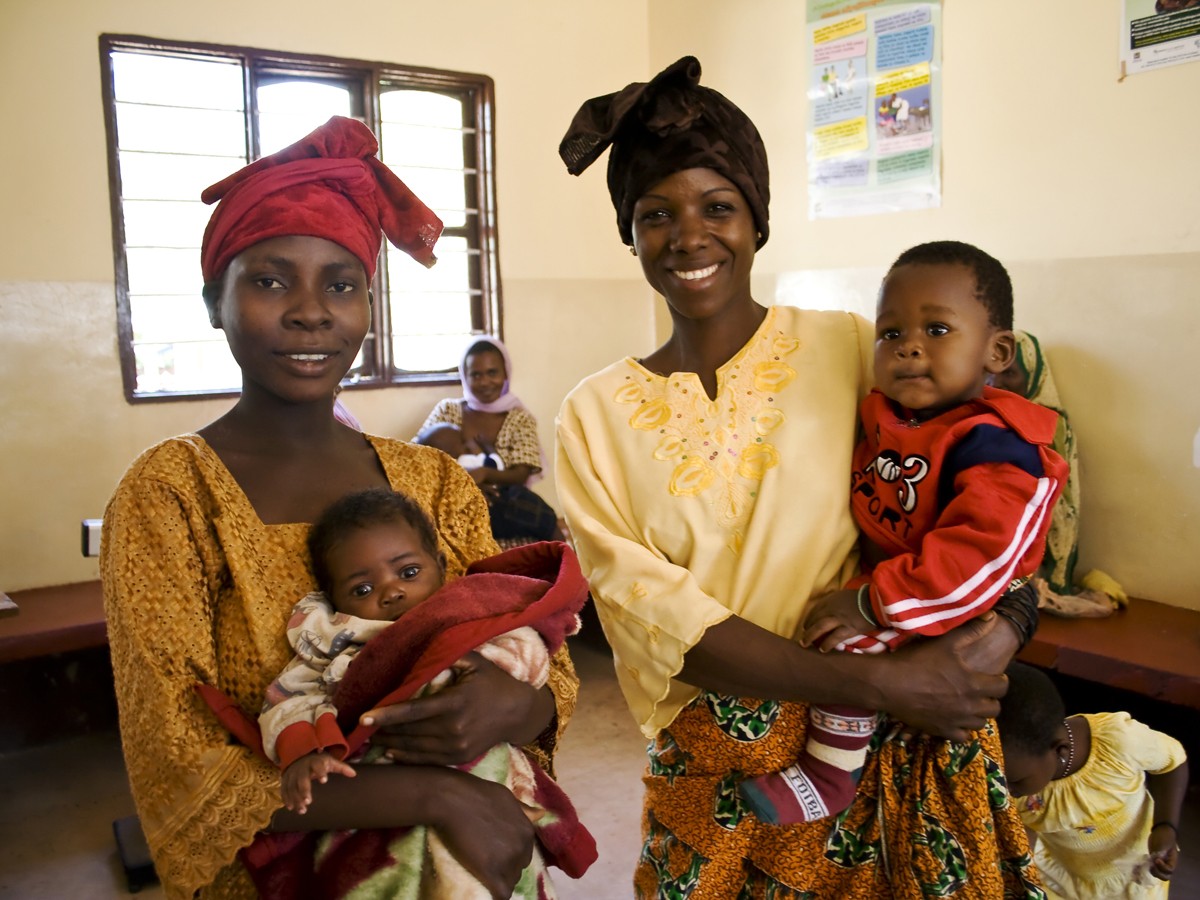le Roux SM, Donald KA, Brittain K, Phillips TK, Zerbe A, Nguyen KK, Strandvik A, Kroon M, Abrams EJ, Myer L. AIDS. 2018 Aug 24;32(13):1781-1791. doi: 10.1097/QAD.0000000000001872.
OBJECTIVES:
To assess neurodevelopment of breastfed HIV-exposed uninfected (HEU) and breastfed HIV-unexposed (HU) children in the context of universal maternal antiretroviral therapy (ART).
DESIGN:
Prospective study with antenatal enrolment and follow-up of breastfeeding HEU and HU mother-infant pairs through 12-18 months postpartum.
SETTING:
Peri-urban community, Cape Town, South Africa.
SUBJECTS:
HEU (n = 215) and HU (n = 306) children.
MAIN OUTCOME MEASURES:
Cognitive, motor and language development at median 13 (IQR 12-14) months of age: continuous and dichotomous BSID-III scores (Bayley Scales of Infant and Toddler Development 3 edition; delay defined as composite score <85) RESULTS:: Incidence of preterm delivery (PTD, <37 weeks) was similar among HEU and HU children (11% vs. 9%, p = 0.31; median gestation 39 weeks); 48% were boys. Median breastfeeding duration was shorter among HEU vs. HU children (6 vs. 10 months). All HIV-infected mothers initiated lifelong ART (TDF/FTC/EFV) antenatally. HEU (vs. HU) children had higher odds of cognitive delay [OR 2.28 (95%CI 1.13-4.60)] and motor delay [OR 2.10 (95% CI 1.03-4.28)], but not language delay, in crude and adjusted analysis. PTD modified this relationship for motor development: compared to term HU, term HEU children had similar odds of delay, preterm HU children had 5-fold increased odds of delay (aOR 4.73, 95% CI 1.32; 16.91) and preterm HEU children, 16-fold (aOR 16.35, 95% CI 5.19; 51.54).
CONCLUSIONS:
Young HEU children may be at increased risk for cognitive and motor delay despite universal maternal ART and breastfeeding; those born preterm may be particularly vulnerable.









